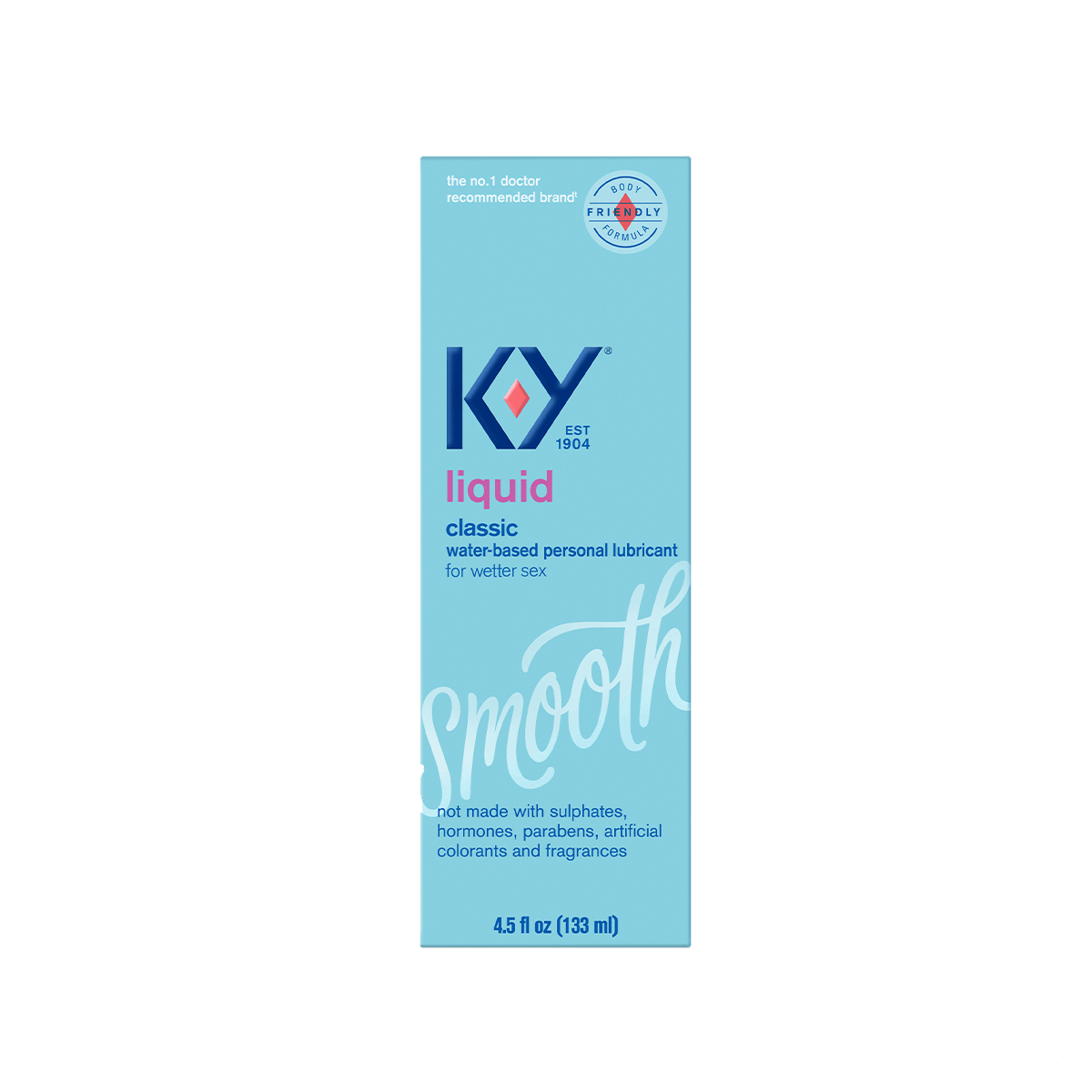Wouldn't a water-soluble oil just get dissolved by what's passing out of the tank as you do a dump? I don't really care if a few drops of oil get into my tank and float on what's there. It's not enough to file an environmental impact statement, or every driveway with a few oil stains would be in the news. But if you want something to retain its lubricating properties over time (especially in something hard to access/maintain) I'd imagine you'd want a lubricant that is NOT soluble by the liquid passing over it. No?
until you get some and work with it, one will never know how well it works.... the dissolved oil in the water is almost like greasy dish water without the scum on top, but of course in the holding tank there will definitely be scum, but NOT caused by water soluble oil....
the dissolved oil in the water will coat anything in it with a film of oil that will remain on the surface until it either wears off or is washed off with detergent.... so it doesnt need to be used everytime you service the tank....
water soluble oil will dissolve in water, but it doesnt break down and emulsify like regular oil does, which the emulsion is the scum that floats on dirty dish water....
a very simple experiment to prove to anyone how it works is to take 2 quart jars, add a 1/4 cup of regular oil to one, and a 1/4 cup of water soluble oil to the other..... then fill both half way with water...... stir them gently and let them set for a day and see what happens..... THEN, shake them and mix it all up, and let them set for another day to see what happens....
THEN, dump them out and see which jar is the oiliest, and yet the cleanest of the 2 jars.... you will be impressed.... and then, re-do the experiment with (clean) toilet paper in the jars, and you will see how the conventional oil clings and soaks into the paper, while the water soluble oil is still free and doing its job....
the surface of the valve, the tank or the sensors doesnt need a heavy oil on it, but just a very thin film of oil to make it slippery....
the drain valve on ANY liquid hold tank will always be at the BOTTOM, so while the conventional oil is floating on the surface and soaking in to and sticking to the solids at the TOP of the holding tank, its NOT lubricating the valve, which can ONLY happen briefly as it quickly passes out the OPEN and HIDDEN valve plate..... but the water soluble oil is continually keeping it the plate lubed no matter how full the tank is, and when the valve is pulled open, the plate will slide easily across the seals because the lube is ALREADY there, and the exposed seals will then be continually lubed as the effluent passes out the gate.... and working the valve while its passing effluent will fully lubricate ALL parts of it..... where as the floating oil only works for a few seconds...
as I mentioned in my first reply, its only vegetable oil, and there are no environmental impact statements needed...
it can be purchased in small bottles for a couple dollars so you can check it out before using it in this application, but I buy it by the gallon and it lasts a long time..
Im not suggesting (or caring) that anyone should change their habits in what they use or how they use it, but for those who ARE looking for a better working product, I am offering information that is a world better than what has been used in the past...... its how progress is made in this world.
its my thoughts that whoever suggested the use of conventional oil had no idea that there was such a thing as water soluble oil or how and why it works....
I dont, wont and never have claimed to be an "expert" on sewers, and tankage systems on RV's and boats, but I AM a professional who actually WORKS on them, and have seen about all there is to see, inside and out.....


